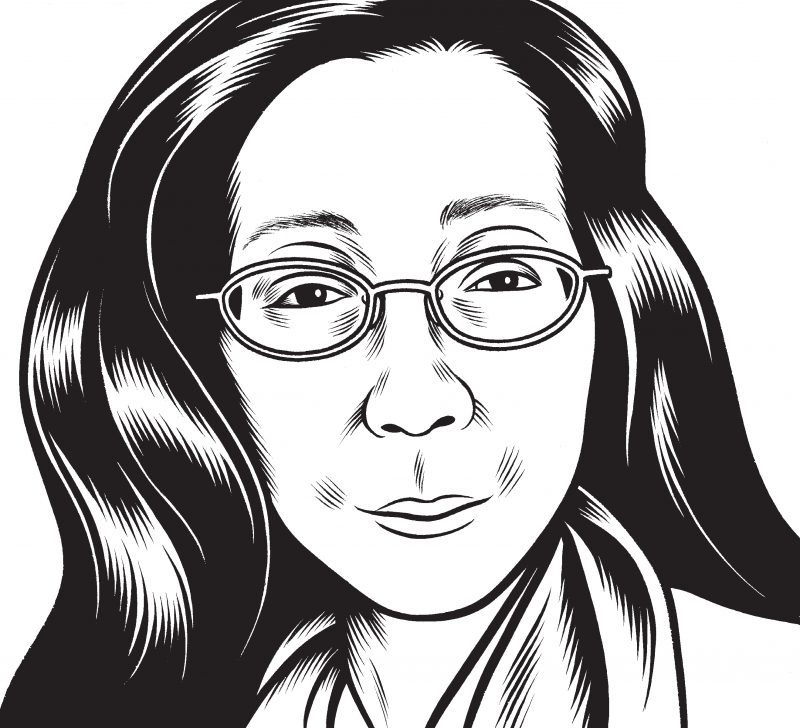Ten years ago, I discovered Wong May’s first book, A Bad Girl’s Book of Animals, in an Akron, Ohio public library. Published in 1969, it’s a collection of short, lyrical animal poems about death, abandonment, and fear. I learned that Wong May was born in mainland China, attended the University of Iowa Writers’ Workshop in the ’60s. Despite the fact that her two subsequent books (Superstitions, in 1972, and Reports, in 1979) came out through a major press (Harcourt Brace), I could unearth no biographical information about her and it appeared she had hardly published anything since 1977. When I contacted her in 2010, I discovered that she had been living in Dublin and had produced hundreds of pages of unpublished poetry. Her new book, Picasso’s Tears, was compiled from these pages. Brandon Shimoda and I edited the manuscript together, and it will be published by Octopus Books in June of 2014. I asked Wong May a single question over email.
—Zachary Schomburg
THE BELIEVER: How has your relationship to poetry changed since 1978?
WONG MAY: Thirty-five years. Yes, you wake up one Christmas and you’re with three very clever men who live with a slightly retarded sister; the question is: how slightly?
Looking back on my life, I’d say I am grateful to my two sons for having brought me up. It could not have been easy—for them or for their father. For me it was a “Poetry Workshop,” a way of doing poetry by another means (in no sense a continuation of Iowa)—as well as the sort of upbringing I never got from my mother.
As luck would have it, I had a poet, a classical poet, for a mother. She didn’t write free verse; she wrote poetry until the last years of her life in the classical Chinese style. So a lot of work was done for me—when you imbibe Tang and Sung poets with a mother who chanted verses on the balcony in the moonlight.
At this point you will want to know about my relationship with my mother tongue. I shall say, Poetry is my mother tongue. That, however, does not preclude one from falling in love with another tongue—it frees you, rather.
I remember coming upon “Ash Wednesday” when I was a schoolgirl, with very little English. The book just happened that day to open on the page. So entranced by the vision of the lady in the garden—the desk had moved for me; I saw myself following the lady—to the end of the world.
But I began by writing in Chinese, writing short stories, having consumed volumes of Chekhov, Maupassant, and Turgenev with my mother,...
You have reached your article limit
Sign up for a digital subscription and continue reading all new issues, plus our entire archives, for just $1.50/month.
Already a subscriber? Sign in





